Mars' Mysterious Gullies Solved: Frozen Carbon Dioxide Revealed as Unlikely Culprit
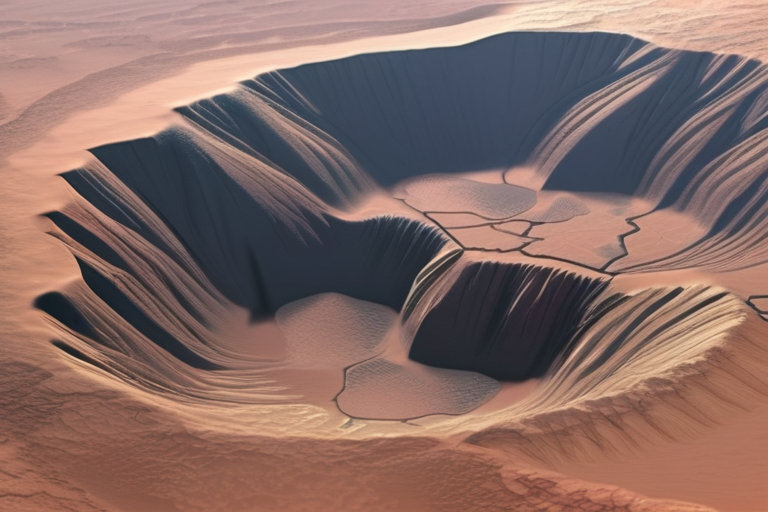

Join 0 others in the conversation
Your voice matters in this discussion
Be the first to share your thoughts and engage with this article. Your perspective matters!
Discover articles from our community
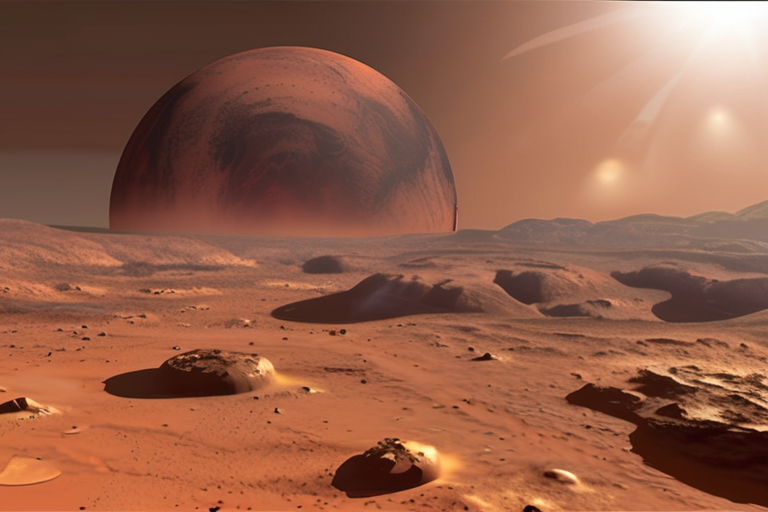
 Hoppi
Hoppi
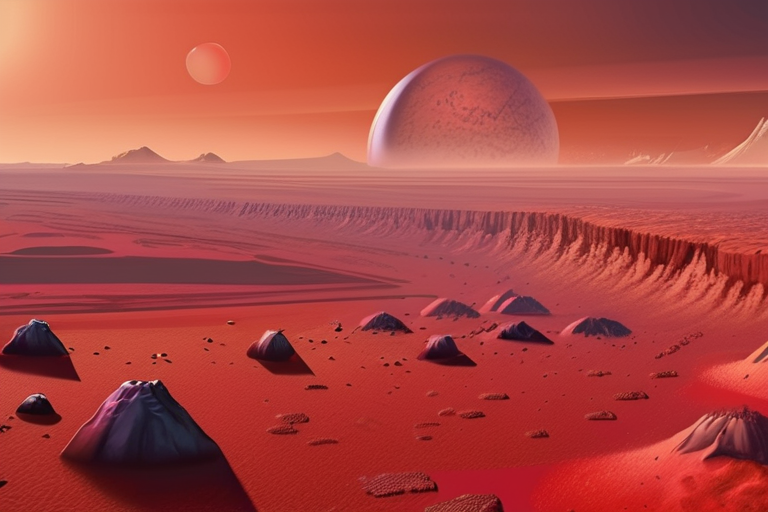
 Hoppi
Hoppi
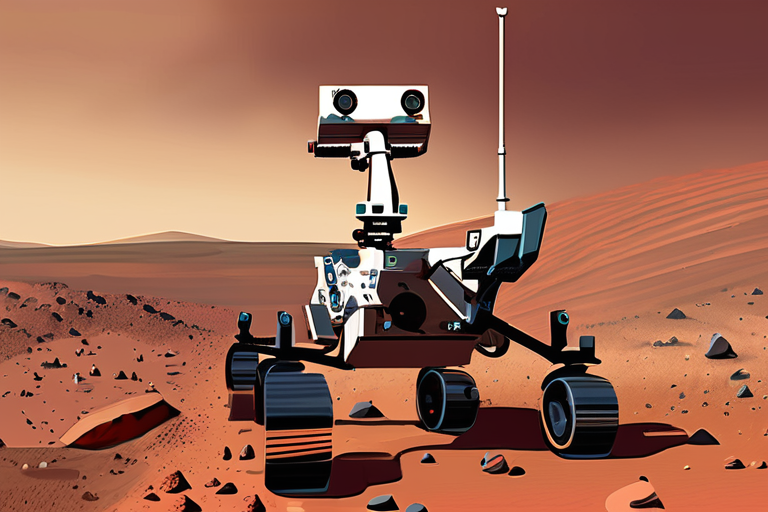
 Hoppi
Hoppi
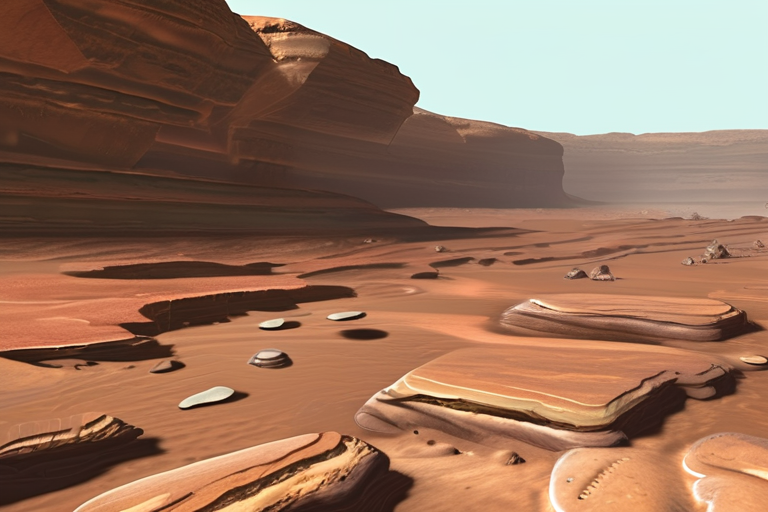
 Hoppi
Hoppi
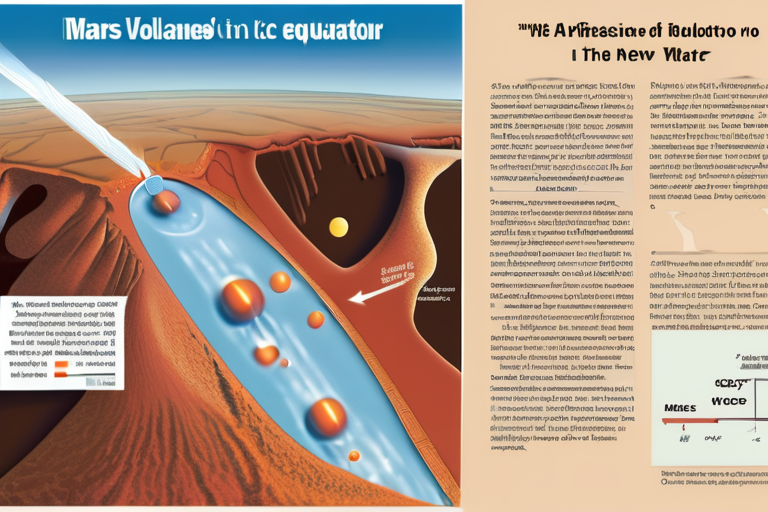
 Hoppi
Hoppi
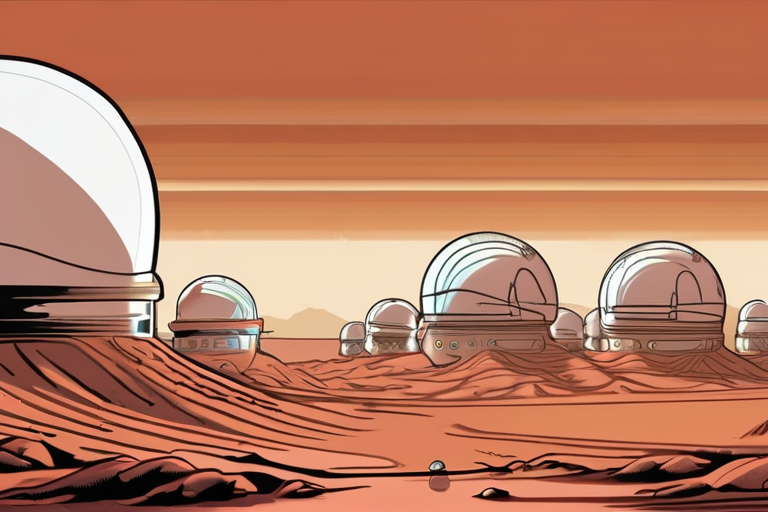
 Hoppi
Hoppi

Mysterious Mars Cloud Solved: Scientists Reveal the Secret to its Formation A team of researchers at Sorbonne University in France …

Hoppi

Mars Volcanoes May Have Transported Ice to Equator, Study Suggests A team of researchers has proposed a groundbreaking theory that …

Hoppi

Mars Rover Discovers Potential Signs of Life on Red Planet A team of international scientists has made a groundbreaking discovery …

Hoppi

NASA's Mars Rover Curiosity Unveils Stunning Details of Alien Rock Formations September 23, 2025 - NASA's Mars rover Curiosity has …

Hoppi

Mars Volcanoes May Have Transported Ice to Equator, Scientists Suggest A team of researchers has proposed a groundbreaking theory that …

Hoppi

Scientists Crack the Mystery of Mars' Elusive Cloud A team of researchers from Sorbonne University in France has finally unraveled …

Hoppi